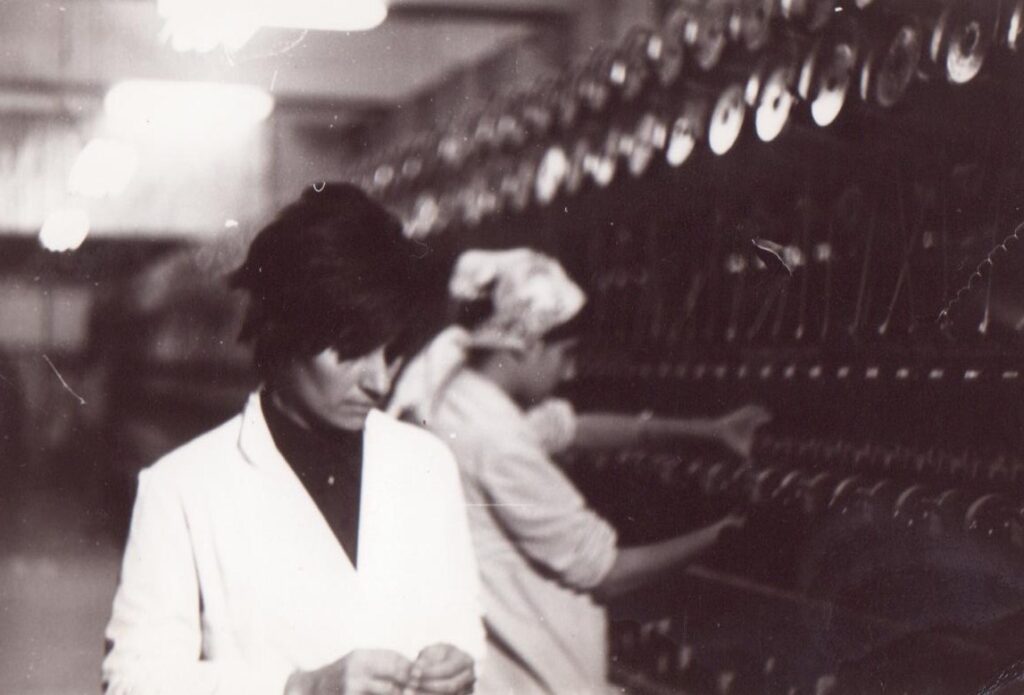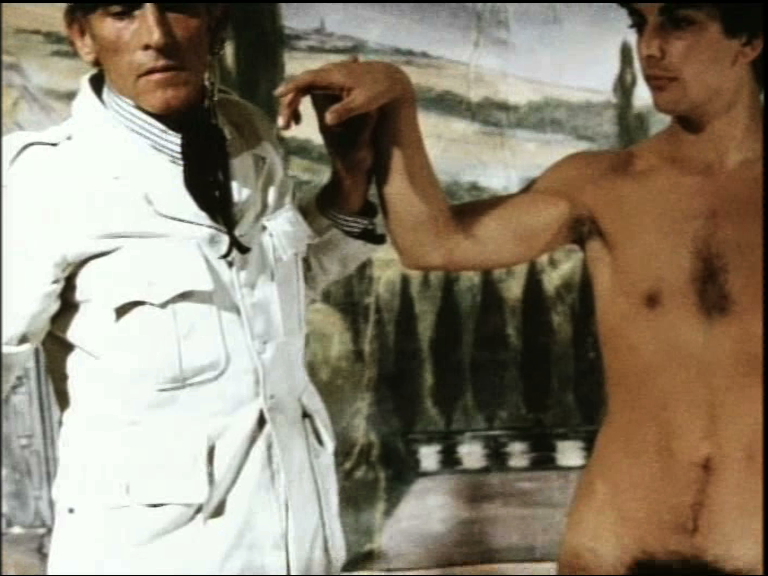Essential Cinema
BFMAF’s essentially pluralist retrospective series provides a fresh look at classic works of cinema or a first view of overlooked masterpieces. Each film is all too rarely-seen and most are shown in new restorations for the first time in the UK.
Christian Ghazi’s incendiary, avant-garde masterpiece A Hundred Faces for a Single Day ends with the send-off, “I don’t care when or how I will die, as long as there are armed men who will continue the march, shaking the earth with their uproar so that the world won’t sleep heavily over the bodies of the laborious, miserable and oppressed men.” Through this fiction-documentary hybrid film, Ghazi forged a strong critique of bourgeois society in Beirut during Lebanon’s Golden Age (which would end in 1975 with a gruelling and protracted civil war). An essay on labour, class, social relations and resistance, Ghazi considered the film his “manifesto on cinema”, a powerful and polemical work that reaches back to the early decades of film experimentation while pioneering radical techniques in multivalent sound, disjunctive montage and an embedded perspectives on direct action.
Selected by Artist in Profile Marwa Arsanios, who will introduce the film
Lionel Soukaz is a pivotal figure in European queer cinema: a filmmaker, collaborator with queer theorist Guy Hocquenghem and organiser of the first festivals of Cinémas Différents in France. Combining the pop cultural ironies of Jack Smith and Kenneth Anger with protest cinema, his films target the norms of heterosexual and homosexual culture alike, calling for the end of identity and the free reign of desire. Writer/curator Paul Clinton presents two works by Soukaz with an illustrated lecture.
Run Time
The episodically connected lives of four college friends unfold throughout the incipient martial law years, as they struggle to define their sexual and professional desires and how best to attain them. An observational drama that does not shy away from topics such as abortion, prostitution, patriarchy, homosexuality, military violence and the repressive social conditioning of collective imaginaries, this understated feminist inquiry into the possibilities of sustaining queer kinships stands out as a singular achievement of woman-centred Philippine cinema. — Letitia Calin
The Little Girl Who Sold the Sun follows Sili, a girl traversing Dakar’s many obstacles with her crutches. After starting to work as a newspaper vendor, she quickly runs afoul of territorial boys who see her as a competitor. Djibril Diop Mambéty’s final film is handled with gentle lightness and grace, providing incontrovertible evidence of his place not only as a master of African cinema, but as a pivotal figure in the history of cinema. — Herb Shellenberger






